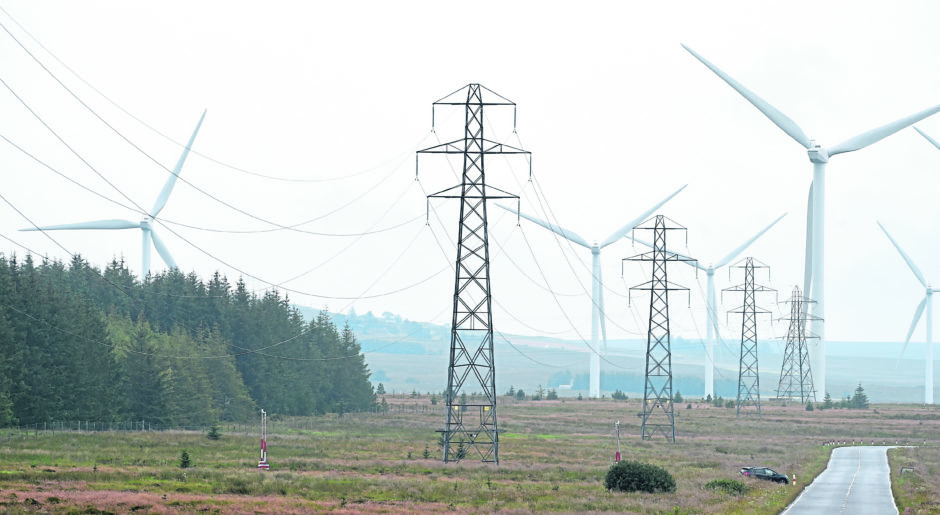
The UK Government says it will not direct Ofgem to review the Scottish grid to future-proof it for additional renewables capacity, in response to recommendations made by the Scottish Affairs Committee.
Ahead of the fourth round of the Contracts for Difference (CfD) scheme which opens this month, the Scottish Affairs Committee has published the response received from government to its report examining renewable energy in Scotland.
In September, the Committee said that progress in Scottish renewables was “hampered by grid connection charges” and called for charges and grid investment to be equally shared across the UK to help strengthen the Scottish renewables sector.
Scottish Affairs Committee chairman, Pete Wishart MP, today said there was an “ongoing unwillingness” from government to explore how these charges could be reduced.
The Committee pointed to evidence from developers that the variation in charges by location, and the uncertainty of how charges might change in the future, were hindering project investment.
Its report noted that in Scotland developers must pay to connect to the grid, whereas in Wales developers are paid to connect to the grid.
According to Scottish Renewables, network charges for a wind farm in Scotland will increase costs by £4.50–£5.50 per MWh while an equivalent wind farm in Wales would be paid £2.80 per MWh to connect.
The report also made a series of recommendations regarding the role of Ofgem, including that the regulator must review the Scottish electricity grid “as a matter of urgency” – and by the end of 2022 at the latest – to implement changes in good time for the nation’s 2045 net zero target.
It argued that Ofgem should prioritise reinforcement of the grid where there is potential for high renewable energy yield, and that it must consider the financial burden of transmission charges in Scotland to ensure renewables could grow over the next 30 years, “rather than pushing for a short-term, lowest cost view.”
It also called for the regulator to add a net zero obligation to its statutory duties.
The government formally responded to the Committee’s report on 17 November. While it acknowledged the need for grid reinforcement and future-proofing, it stated that: “By law, network regulation is a matter for Ofgem as the independent regulator.”
The same response was given with regards to transmission charges, though the government added that a call for evidence was recently opened to provide information on potential charging reforms.
In a statement today, the Committee said it would await the findings of the consultation “with interest,” given its submitted evidence on the current variation of charges.
The government added that it had “no plans” to amend Ofgem’s remit to include a separate net-zero obligation, given the organisation’s primary statutory duty was to protect consumer interest, which includes reducing greenhouse gas emissions.
Turning tides
Notably, the government’s response dismissed the Committee’s recommendation for greater support for tidal energy in the upcoming CfD round, pointing to its existing eligibility to bid within the CfD mechanism.
It said the sector would have to reduce its costs in order to compete.
Subsequently however, the Department for Business, Energy and Industrial Strategy announced an additional ringfenced pot of £20 million per year for tidal stream projects, in a move praised by the sector.
Scottish Affairs Committee chairman, Pete Wishart MP, said that he welcomed the announcement that tidal energy would receive more financial support.
He added: “It is unfortunate that the Government skirted around so many of our Committee’s recommendations. In particular, there appears an ongoing unwillingness to explore reducing transmission charges which is hampering the development of Scottish renewable projects.
“I hope, following its consultation on transmission charges, that Ofgem re-examines this position which sees Scottish projects pay to connect to the grid, unlike elsewhere in the UK.”
Recommended for you
